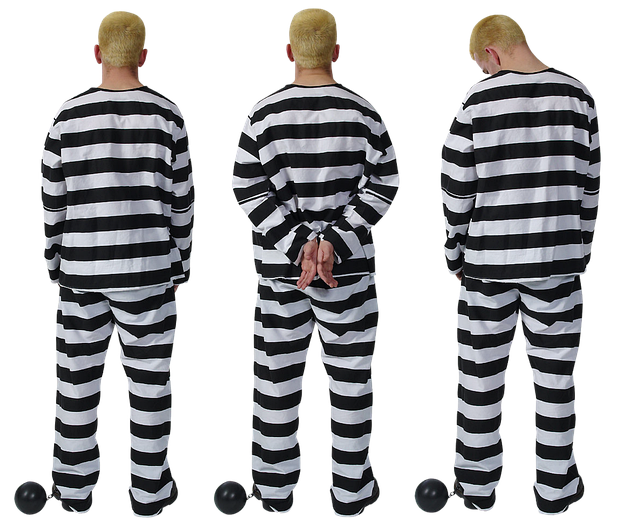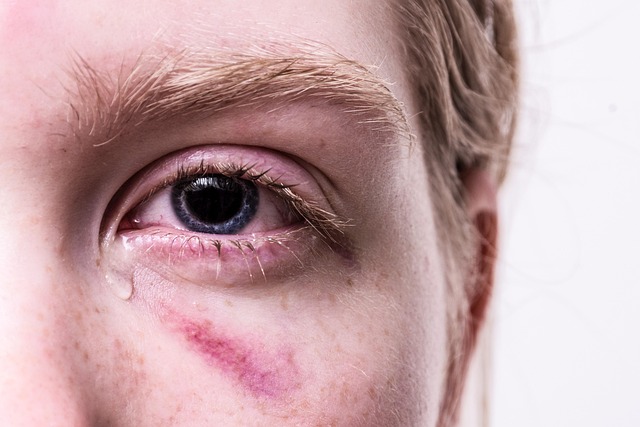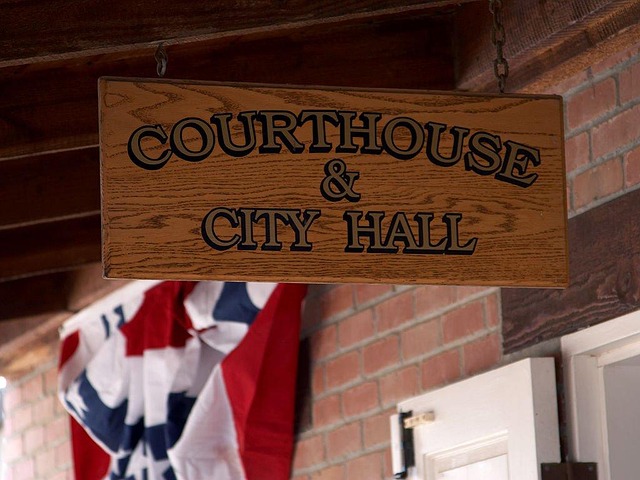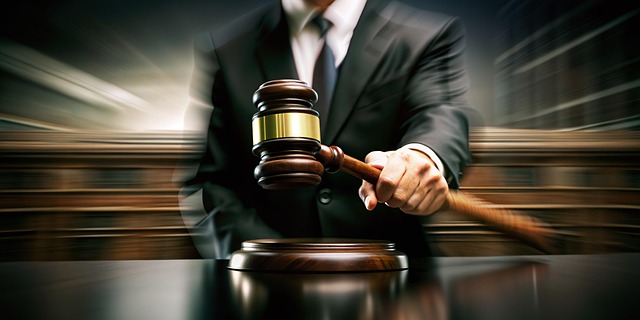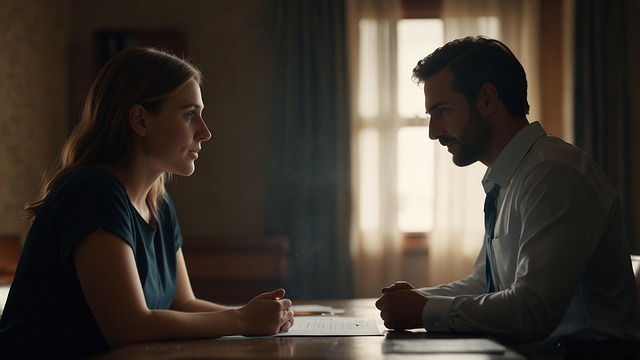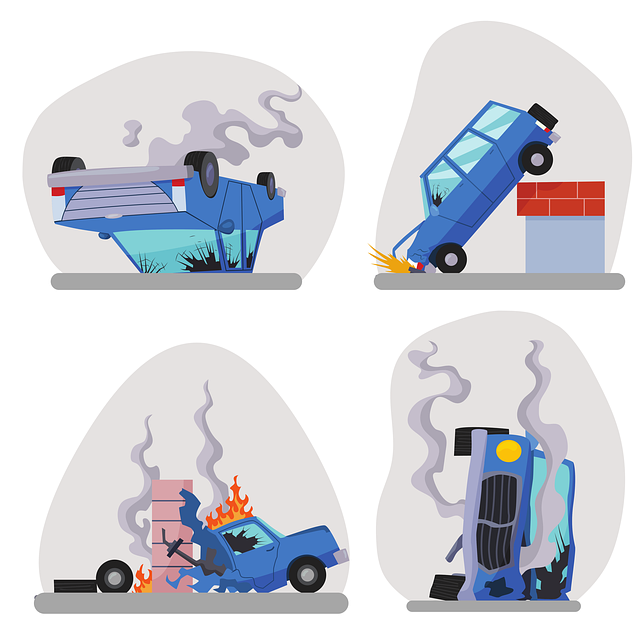Defective drug cases require specialized attorneys who collaborate with medical experts to navigate complex legal and scientific aspects. These attorneys coordinate with caregivers, healthcare providers, and specialists to gather evidence, assess negligence, and determine liability. Medical experts provide crucial insights into drug safety, efficacy, and causation between defects and injuries, enhancing the credibility of claims. This strategic partnership ensures robust cases and successful outcomes for harmed clients through settlements or court judgments.
When a pharmaceutical product causes harm, a defective drug attorney is essential for seeking justice. These legal experts navigate complex cases, understanding the intricate interplay between medication, medical expertise, and liability. This article delves into the critical role of attorneys in coordinating with medical professionals to build robust cases. We explore strategies for collaboration, highlighting how this partnership facilitates successful outcomes in defective drug litigation.
- Understanding Defective Drug Cases: A Legal Perspective
- The Role of Medical Experts in Drug Liability Litigation
- Navigating Complexities: Attorney-Expert Collaboration Strategies
Understanding Defective Drug Cases: A Legal Perspective
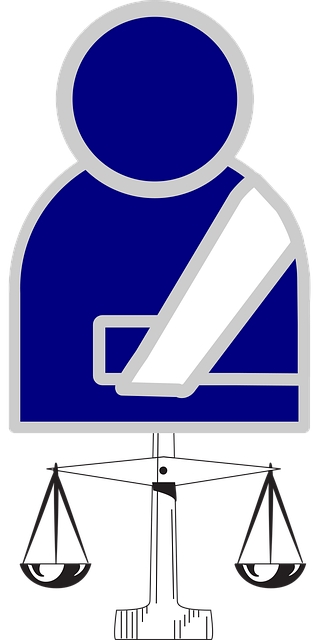
Defective drug cases present unique legal challenges that require a specialized approach. When a patient is harmed by a medication or pharmaceutical product due to manufacturing defects, design flaws, or inadequate labeling, it falls under product liability law. A defective drug attorney plays a pivotal role in navigating these complex cases, coordinating with medical experts to build a robust legal strategy.
These attorneys delve into the intricate details of pharmacology, toxicology, and clinical trials to understand the risks associated with the drug in question. They also collaborate closely with caregivers, healthcare providers, and medical experts to gather evidence, assess negligence, and determine liability. The ultimate goal is to secure appropriate compensation for victims through settlements or court judgments, ensuring that they receive justice and support during their recovery process, much like a personal injury attorney would for clients suffering from caregiver negligence or medical malpractice.
The Role of Medical Experts in Drug Liability Litigation

In drug liability litigation, medical experts play a pivotal role in providing crucial insights into the safety and efficacy of pharmaceutical products. These experts, often comprising renowned physicians, pharmacologists, and toxicologists, offer impartial analyses that can make or break a case. Their comprehensive understanding of medical practices and drug interactions is instrumental for a defective drug attorney in constructing a compelling argument. By interpreting complex scientific data and translating it into language accessible to juries, these specialists enhance the credibility of the claims, ultimately facilitating more substantial medical malpractice settlement outcomes.
Moreover, medical experts assist in establishing causation between the defective drug and resultant injuries or deaths. They can scrutinize patient records, conduct thorough examinations, and provide expert testimony to support or refute allegations of negligence. In cases involving slip and fall injuries or wrongful death, their involvement is indispensable, as they can offer valuable insights into alternative treatments, potential side effects, and the standard of care expected from pharmaceutical companies and healthcare providers alike.
Navigating Complexities: Attorney-Expert Collaboration Strategies

Navigating the complexities of defective drug cases requires a strategic approach, and one of the key elements is collaboration between the defective drug attorney and medical experts. This partnership plays a pivotal role in building a robust case and securing justice for clients who have been harmed by faulty medications. By tapping into the expertise of medical professionals, attorneys can gain invaluable insights into the nuances of the drug’s effects, potential risks, and any deviations from safe practices.
Effective collaboration involves clear communication channels where the attorney shares relevant legal information with experts, while experts provide detailed medical reports, explain complex diagnoses, and offer opinions on liability. This exchange facilitates a comprehensive understanding of the case, enabling the defective drug attorney to formulate strategies that address both the legal and medical aspects. Such coordination can lead to compelling evidence, expert testimony, and ultimately, successful outcomes like wrongful death settlements or slip and fall settlements, ensuring fair compensation for victims.
When it comes to navigating complex defective drug cases, a strategic collaboration between a skilled defective drug attorney and medical experts is invaluable. By understanding the legal framework and leveraging expert insights, these partnerships can effectively navigate the complexities of drug liability litigation. This coordinated approach ensures that justice is served, holding accountable those responsible for unsafe pharmaceutical products while offering support to affected individuals.
